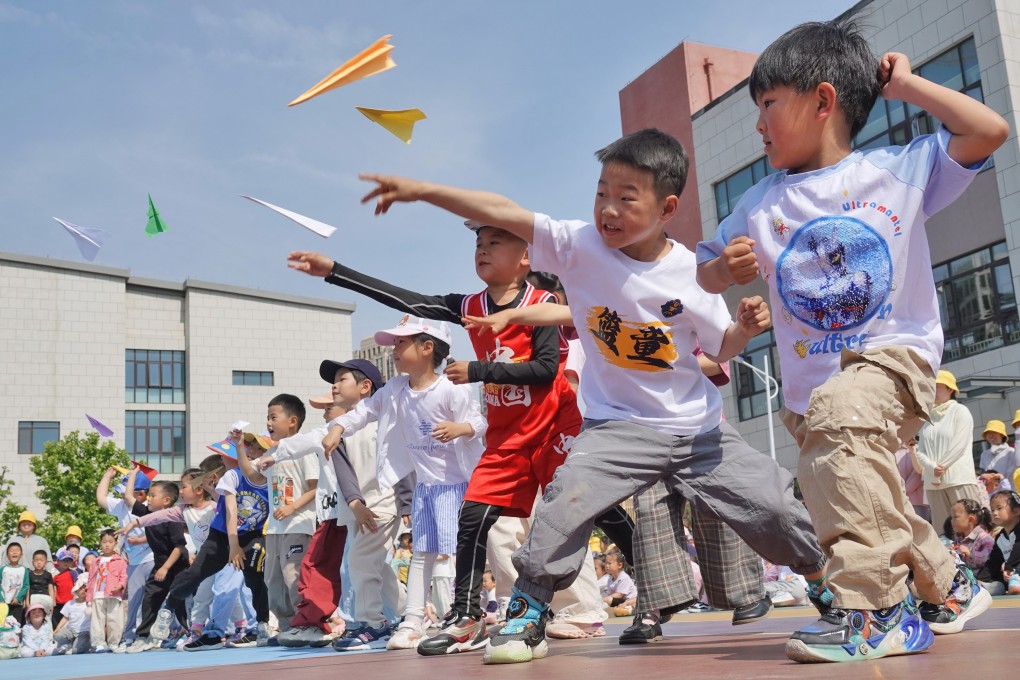Baby boon: far-flung Chinese county splashes cash to boost births
Researcher questions where the money will come from, as well as the sustainability of subsidies amid China’s falling birth rate

A far-off county in northwestern China’s Gobi Desert, which averages just five newborns every month, is offering a generous subsidy of up to 100,000 yuan (US$13,812) for families having more than one child.
Vowing to spend “real money” to support fertility, the Subei government said in a post on its website last week that the directive would provide tiered financial support over three years for couples with a second or third child.
It is one of the highest cash rewards offered in China to encourage childbirth, as local governments have rolled out their own incentives in recent years.
But Zhao Xudong, a professor from Beijing-based Renmin University’s School of Social Research, questioned where the money would come from, as well as the sustainability of subsidies.
The question is how to sustain such incentives and whether they can really persuade people to have children
Zhao said Subei represented a somewhat “extreme” case amid China’s demographic shift.